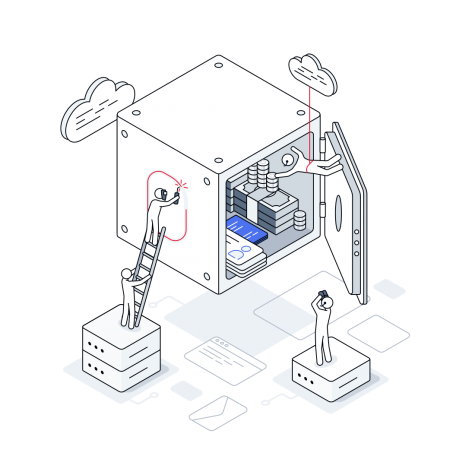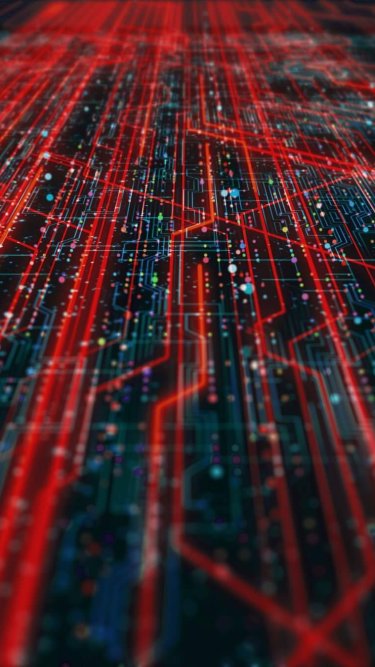Overview
Safeguard critical data and assets against the latest threats
By infecting computer systems and stealing or destroying data, malware, such as viruses, worms, trojans, spyware and ransomware, is an increasing threat to your business’s cyber security.
Over a third of identified breaches are reported to involve malware, making it important to have appropriate controls in place to detect and respond to attacks before they cause significant damage.
Types
Common types of malware
Ransomware
The rise of ransomware
Ransomware attacks, in particular, have increased rapidly in recent times and are now a ubiquitous threat to all organisations. By spreading quickly, locking down files and demanding a ransom for their decryption, ransomware is capable of causing significant disruption in a matter of minutes.
The WannaCry ransomware outbreak is just one high profile example of an attack that caused widespread disruption, affecting over 200,000 organisations in 150 countries. Cybercriminals can instigate attacks like these using basic and easily accessible components, highlighting the need for organisations to keep software patched, improve employee cyber awareness and detect malicious activity in its infancy.


Security assessments
Identify and address vulnerabilities
The fast-evolving digital landscape means that new vulnerabilities, and new exploits designed to take advantage of them, appear on a daily basis. One of the most effective ways to stay on top of the latest threats is to perform regular security testing.
As a provider of CREST-approved penetration testing as well as vulnerability assessment, social engineering and red teaming services, Redscan’s ethical hacking team has extensive experience of assessing organisations’ technology, personnel and processes against the latest attack techniques and helping organisations to address them.
Kroll Responder MDR
Proactive network and endpoint monitoring to detect early signs of attack
Firewalls and antivirus software are unable to comprehensively defend against the latest types of memory-resident and polymorphic malware.
Kroll Responder, Redscan’s award-winning Managed Detection and Response service, provides round-the-clock security monitoring for a cost-effective monthly subscription.
The service combines certified security professionals, leading detection technologies and cutting-edge threat intelligence to hunt for malware and other cyber threats and help quickly shut them down.

Challenges
Other security challenges
Our Services
Our award-winning services
Redscan’s security services are designed to provide the vital assistance needed to make tangible improvements to your organisation’s cyber security posture.

Managed Detection and Response
Award-winning support to rapidly detect and respond to the latest threats 24/7
Read more
Assessment Services
Specialist engagements to uncover and address hidden cyber security risks
Read more
Managed Security Services
Expert help to manage and monitor your choice of security technologies
Read moreGet in touch
Complete the form for a prompt response from our team.

Resources








